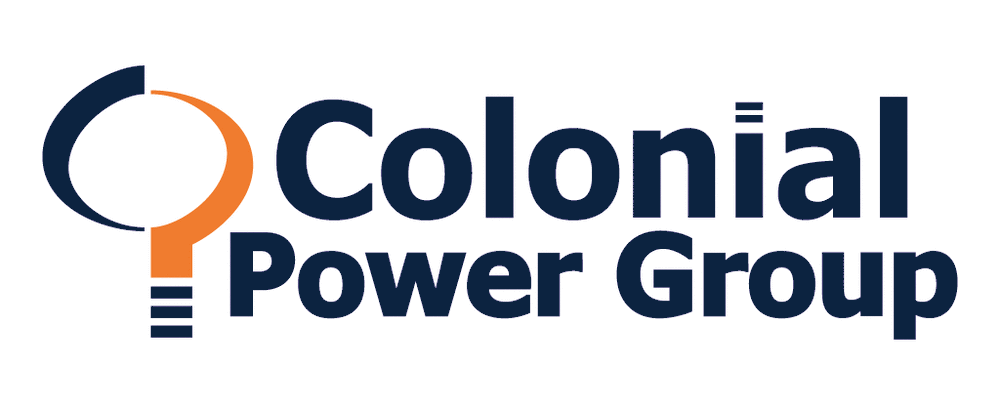Massachusetts AG Maura Healey warns of scam calls after person posing as Eversource threatens to cut off her service
By Jackson Cote | jcote@masslive.com
t’s a call from an unknown number that many people are tired of getting and dismissing: a caller claiming they work for Eversource, telling the person who picked up the phone they’re behind on their payments and threatening to shut off their electricity or heat if they don’t pay up.
However, this time, the call went to the wrong person: Massachusetts’ top prosecutor.
“I just got a call from a scammer posing as Eversource, claiming I was behind on my payments and threatening to cut off my service,” Massachusetts Attorney General Maura Healey wrote in a tweet Thursday. “Needless to say, he called the wrong attorney general.”
Healey has been vocal about her office’s efforts to crack down on robocalls, fraudulent technology support schemes and scams targeting the elderly, even some about the COVID-19 vaccine. She took to Twitter on Thursday to describe her experiences with the fake Eversource representative and offer some advice to Massachusetts residents.
“If you get one of these calls—hang up, don’t give out any info, and contact your utility,” Healey said.
She reminded the public there’s a moratorium in place in Massachusetts on utility shutoffs that was extended through July 1. The order prohibits investor-owned utility companies from shutting off residents’ gas, electric and water services for failing to pay their bills
First announced in March 2020 as the coronavirus pandemic was beginning to wreak economic havoc on the U.S., the original moratorium prohibited utility companies from sending messages to customers threatening to cut off their services for failing to pay part or all of their bills.
Under the most recently extended order, residential customers can communicate with ratepayers about bills that are overdue. However, utility providers must make it clear to residents they won’t face shutoffs until July 1 or after and provide information on repayment and debt-forgiveness options.
If someone is struggling to pay their electric and water bills, there are resources available, Healey noted.
The Low Income Home Energy Assistance Program (LIHEAP), run by the Massachusetts Department of Housing and Community Development, helps low-income residents with the cost of heating their homes in the winter.
“There are many different fuel assistance programs. Each program has its own way of deciding who can receive assistance,” the attorney general’s Consumer Advocacy and Response Division says on its website. “You may seek help from a local fuel assistance office if you are having trouble paying your utility bills.”
